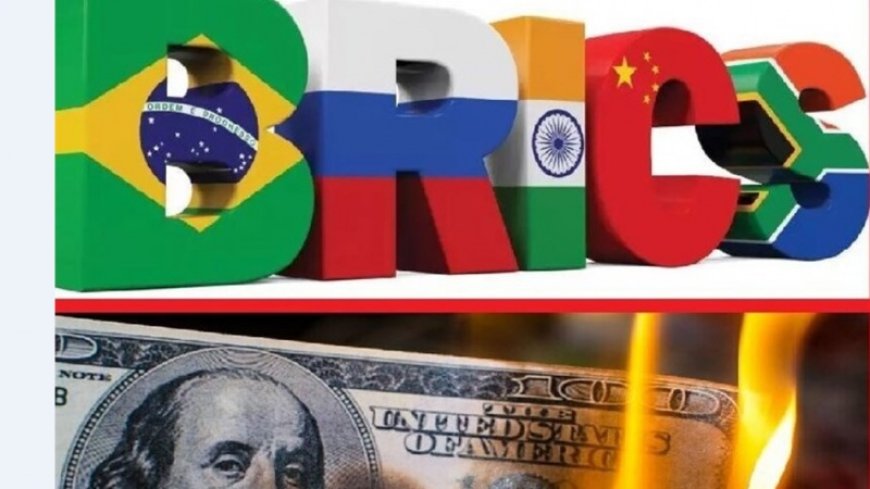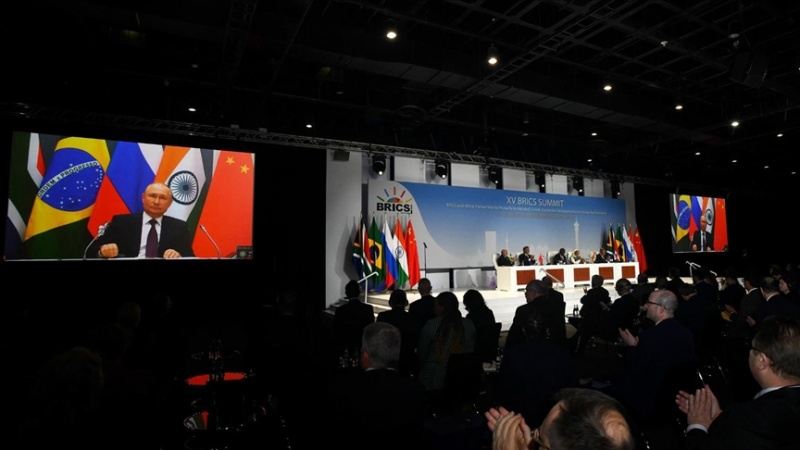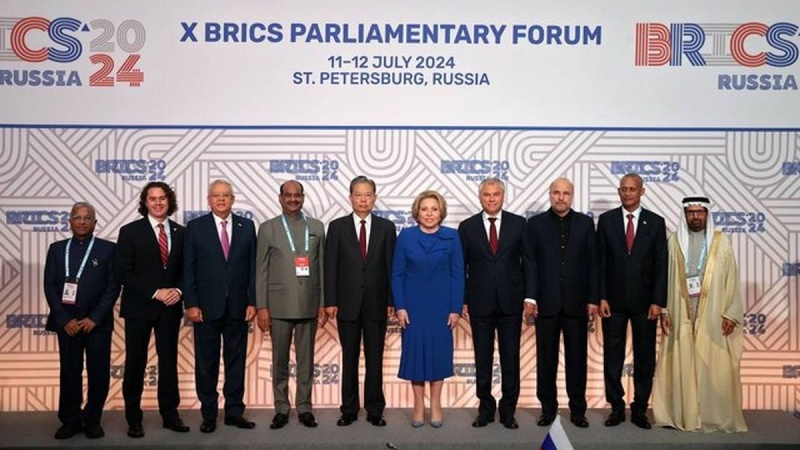Enter BRICS in new fields of cooperation

In parallel with the St.Petersburg meeting in Russia where the speakers of the parliaments of the member countries of the BRICS group met and discussed various issues in their 10th session, the speakers of the ministries of foreign affairs of the group also held a special meeting on the sidelines of the session to coordinate their positions on foreign policies.
The senior parliamentarians of the BRICS countries have expressed their concern about the negative effects of unilateral and authoritarian actions that do not respect the United Nations Charter and officially announced their opposition to the unilateral sanctions implemented by Western countries against independent countries in the world. .
In the final report of the session, the speakers of the BRICS parliaments have expressed their concern about the negative effects of the sanctions on economic growth, trade, energy, health and food security, especially in developing countries. BRICS speakers have also announced their support for the process of multilateral trade, which is transparent, fair, inclusive, fair, non-discriminatory and based on principles, which is based on the management of the World Trade Organization.
The 10th meeting of the BRICS Parliaments which was officially opened by the speech of the President of Russia Vladimir Putin ended in St.Petersburg on Friday, July 22. The topic of the meeting was about the role of parliaments in strengthening multilateral cooperation for development and security in the world.

The role of parliaments in strengthening the effectiveness of the system of international relations and democracy, the role of parliaments in international trade and how to overcome threats caused by international conflicts, as well as human and cultural cooperation between parliaments are other issues discussed in the session that.
Parliamentarians of the BRICS countries emphasize the importance of strengthening economic and financial security, achieving the national development goals of the BRICS countries and the BRICS economic cooperation strategy by the year 2025. As the chairman of the BRICS group, Russia will host of about 250 activities and meetings of the group this year.
On the other hand, the speakers of the diplomatic institutions of the BRICS member countries also met in the session of St. Petersburg and discuss the role of the media in strengthening the international positions of BRICS and creating a common information platform.
Speaking at the session, Nasser Kanani, the Spokesman of the Ministry of Foreign Affairs of Iran gave a speech explaining the positions of the Islamic Republic of Iran on issues such as the joint action of the media of BRICS member countries in strengthening the international position of the group this by using the power of digital diplomacy and intelligence in public diplomacy and foreign policy, and fighting the flow of fake and misleading information.
The importance of Iran's membership in the BRICS group is clearly evident when we consider that out of the total trade exchange worth about 114 billion dollars, the exchange of about 68 billion dollars, which is equal to 60 percent of the trade, took place between it and the country BRICS members. International statistics show that BRICS members, which include emerging economies, are pursuing efforts to strengthen their economic and geographic influence at the international level in a situation where their economy in the last two years has reached 29 percent of the world's economy, where it is close to that of 43 of the G7 group.

The G7 group, which is made up of the countries of Canada, France, Germany, Italy, Japan, the United Kingdom and the United States as well as the European Union, owned 43 percent of the world economy in 2000, where the number has not changed until now. This is in a situation where the BRICS share has increased from 18 percent in 2000 to 29 percent in 2023.
Another data to consider is the comparison of the position of BRICS and the United States in world trade. International statistics show that while US exports have been between 8 and 9 percent since the beginning of this year in 2004, the situation for BRICS member countries has increased from 13 percent to 23 percent.
These figures show a clear pattern of the future of BRICS, and as seen in the meeting in St. Petersburg, over time and in the shadow of Iran's efforts and proposals, the scope of activities of this group has been strengthening day by day.













































